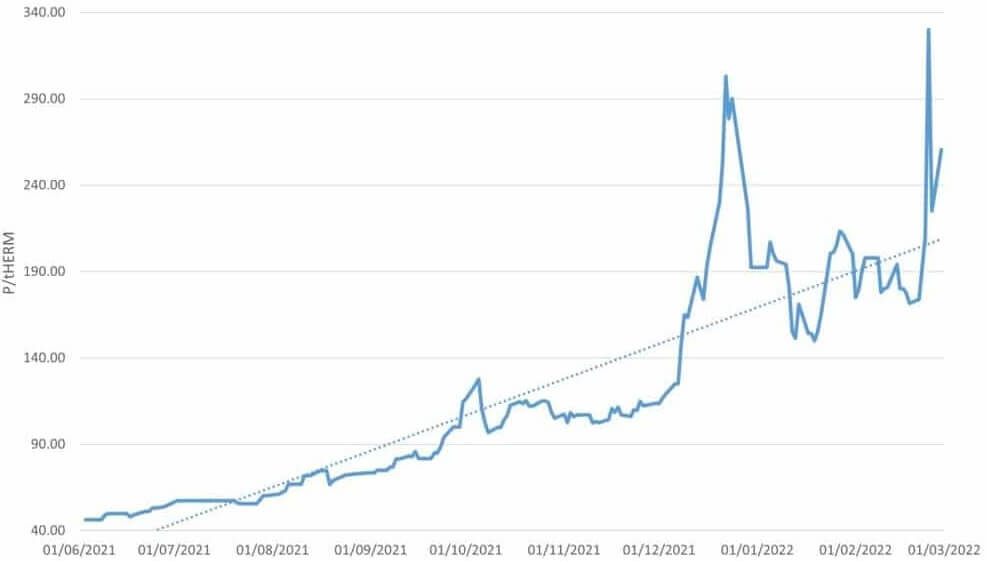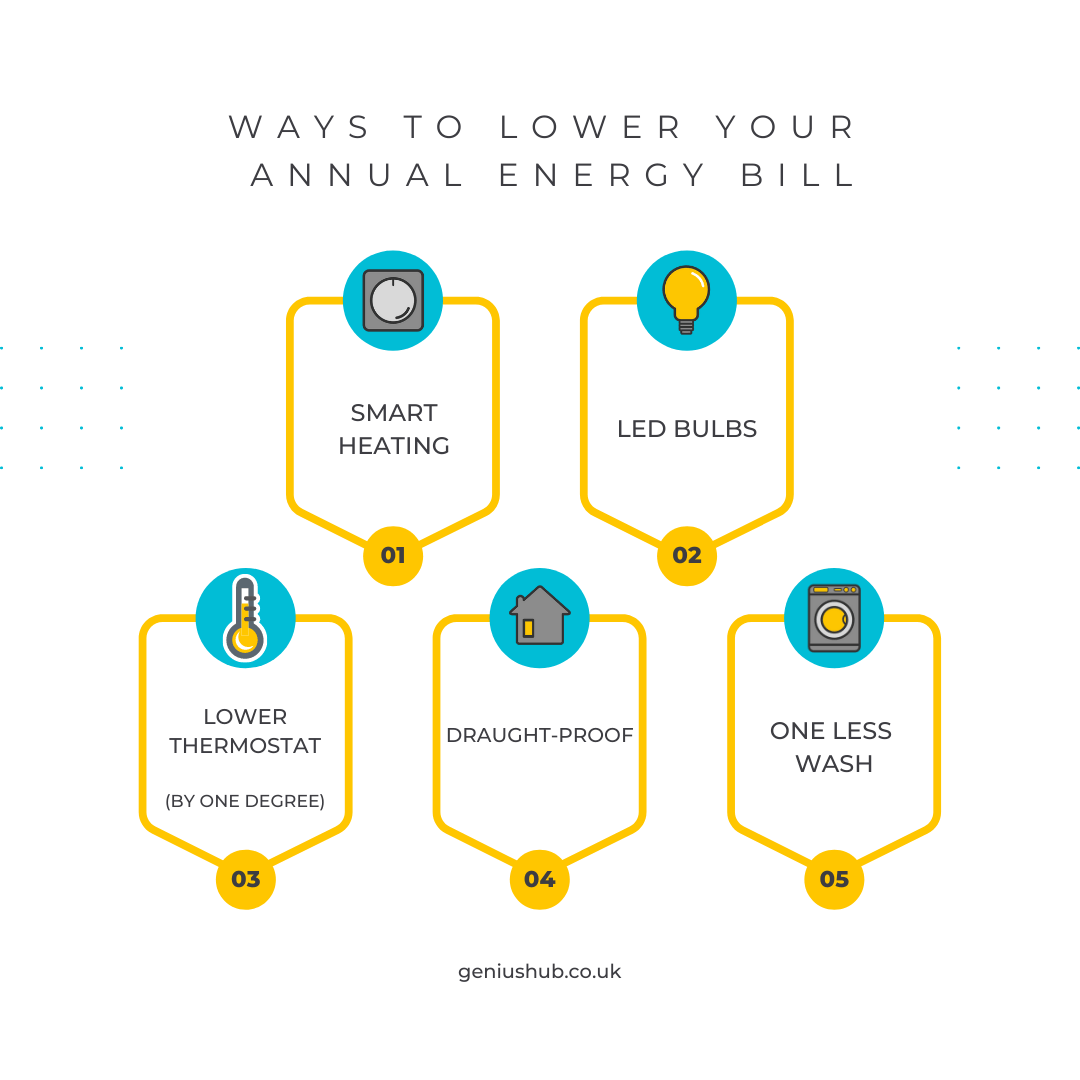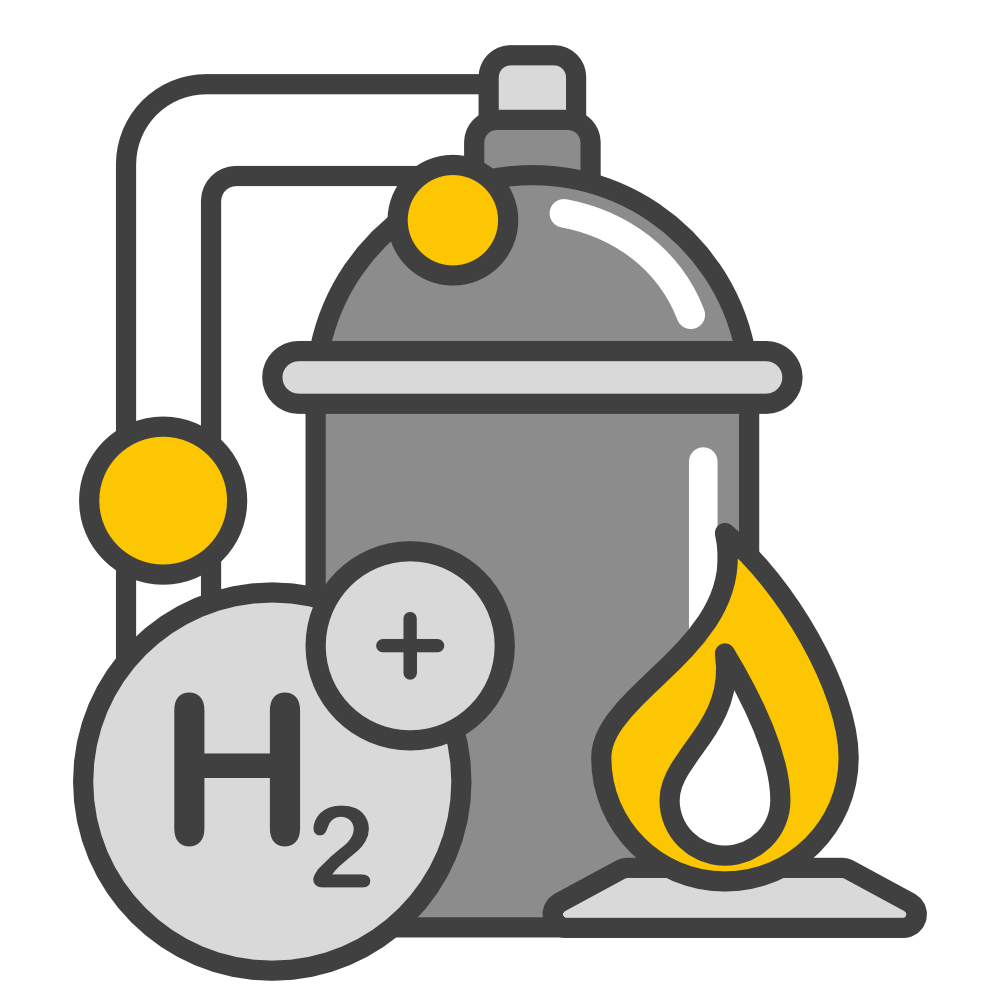In the context of home heating, the idea is to begin by injecting our existing natural gas supply with Hydrogen at low doses and increase the dosage in the coming decades, with the aim to wean off natural gas entirely. Converting the entire gas network to Hydrogen presents many challenges but
a recent trial from Keele University and Cadent of 130 homes showed that 20% dosing of Hydrogen has had no effect on existing gas appliances in the short term. This is great news as it means entire districts will be able to convert gradually rather than all being forced to convert at once. The upcoming ban on gas boiler sales into new builds will give a good indication on whether consumers choose Hydrogen gas boilers or take a punt on Heat Pumps.
In terms of production & supply, as there are no reserves of Hydrogen the role of geopolitics in energy should start to decline. If production can be done right and reliably maintained this will lead to more stability – domestically produced Hydrogen has the potential to reduce the UK’s dependency on imports and could mitigate against another winter price spike.
With all that said, without protections against demand, surging price spikes will still occur. The UK government has little appetite for expanding its natural gas storage capacity but
recently announced a £1.6 billion plan to convert a recently closed offshore storage facility, Rough, to Hydrogen storage.
The coming green energy transition will involve much experimentation and further energy crises can’t yet be ruled out. Interestingly, this is the first energy transition in history where the metric of success will not be increased efficiency of the fuel source (open fires to boilers increased efficiency from ~20% to ~95%) but the levels of greenhouse gasses produced. This will of course offer little comfort to those struggling through the winter. Whatever the result of the energy crisis this winter, if consumers see red then we need to go green.




